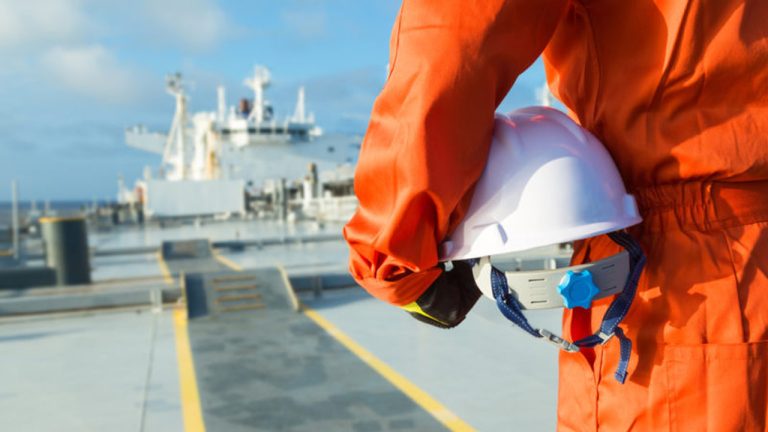The Ministry of Marine and Blue Economy has started a process to enhance seafarers’ certification for marine cadets in line with the International Maritime Organisation (IMO) and the Food and Agriculture Organisation (FAO) mandate to reduce losses to overseas training.
The action aims to equip the professionals with essential skills in social responsibility, survivability, first aid at sea, security and firefighting onboard vessels.
The Standards of Training, Certification and Watchkeeping (STCW) basic safety and security training programme held in Lagos offers unique training elements not available in Ghana, such as fishing techniques, depth calculation and cargo handling. These are vital for sailing and working on both wet and dry cargo vessels globally.
The Guardian gathered that Nigerian cadets travel to Ghana to acquire seafarers’ certification, spending over $1,000 to enable them to sail onboard vessels.
About 220 cadets have been trained at the Nigerian Institute of Oceanography and Marine Research (NIOMR), saving the country an estimated $220,000.
Speaking at the all-expense-paid training for the second batch of 120 cadets at the Matral Maritime Training Centre in Lagos, the Executive Director/Chief Executive Officer of NIOMR, Prof. Abiodun Sule, said the training was rooted in the Safety of Life at Sea (SOLAS) 74, as amended, the International Ship and Port Facility Security (ISPS) Code and the STCW Convention.
He said the initiative was crucial for cadets specialising in nautical science, marine engineering, maritime technology, and fisheries, as it is a prerequisite for obtaining their certificates of competency.
Sule said the training covered a range from Officer of the Watch (OOW) to Class 1 certifications, noting that without the programme, the cadets cannot sail at sea.
Sule stated that a significant benefit of the programme is the considerable savings in foreign exchange, as Nigerian cadets had to travel to Ghana for such training, incurring substantial costs for tuition, flights, accommodation, and meals.
He said Nigerian cadets spend about $300 in tuition fees alone for the programme in Ghana, besides other costs, adding that with sponsorship from the Federal Ministry of Marine and Blue Economy, it comes at no cost to the cadets.
The President of the Nigerian Association of Master Mariners (NAMM), Captain Tajudeen Alao, said the initiative, designed to help cadets obtain mandatory sea-going certifications, addresses a critical gap in their professional training.
Alao said Nigerian cadets spend about $1,000 each for the total cost of getting the certification training in Ghana, with other additional costs.
He highlighted that the certification programme, costing between N300,000 to N400,000 in Nigeria, is unaffordable for many cadets, making the sponsors’ support invaluable as the training is offered free to them.
Alao re-emphasised the importance of these certifications, which are essential for all maritime professionals before they can go to sea.
He said the requirements stem from the STCW 78, as amended in 1995, mandating all seafarers to undergo survival techniques, social responsibility, and firefighting training as vessels catch fire.
The Managing Director of Matral Maritime Training Centre, Captain Ade Olopoenia, emphasised the critical nature of comprehensive training for seafarers, particularly in light of recent developments in maritime security.
